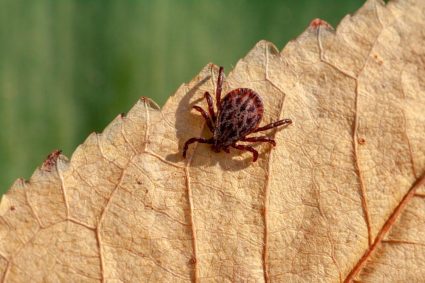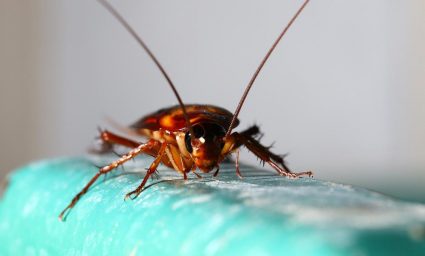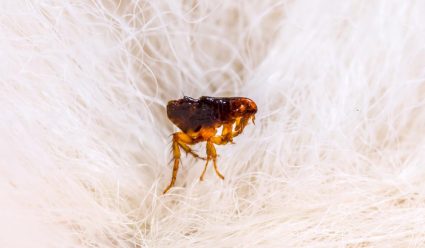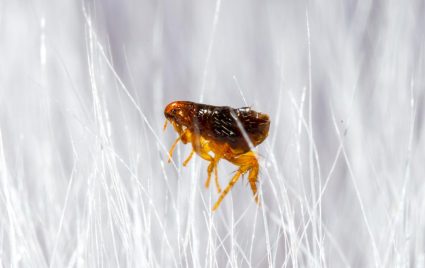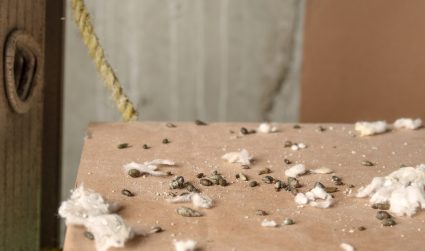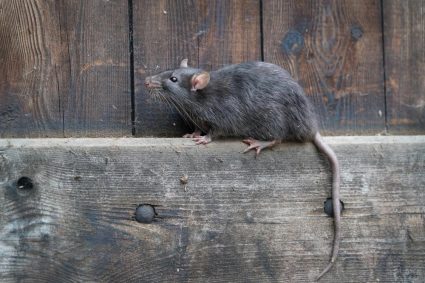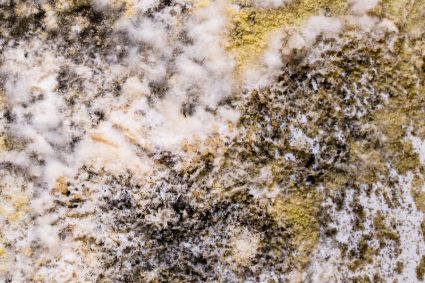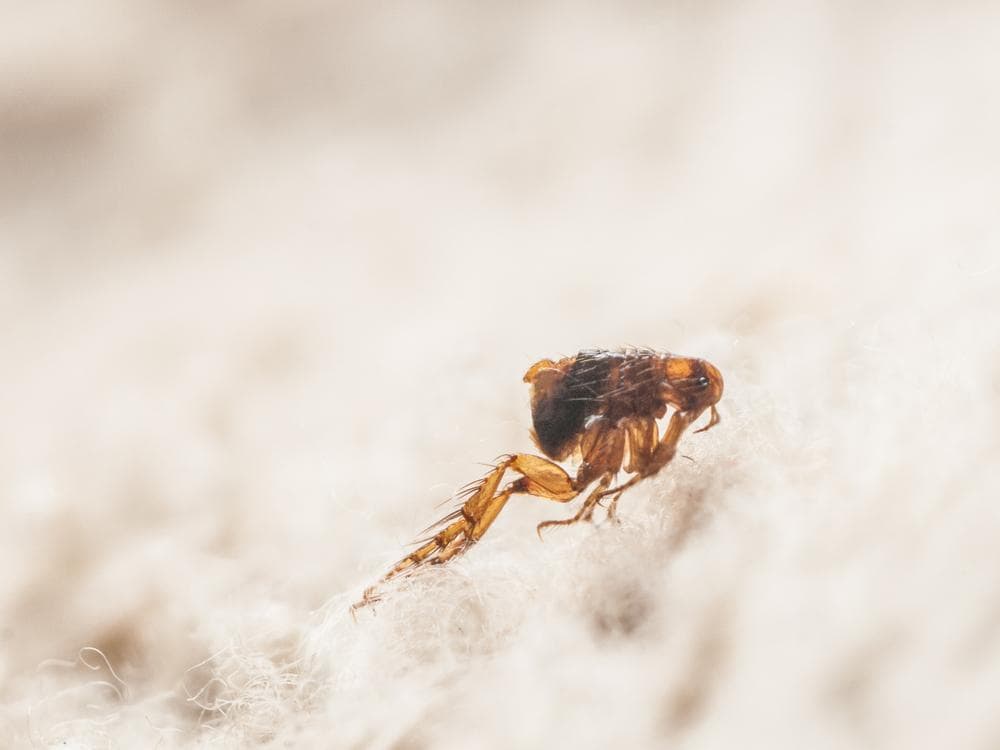
Fleas are a common nuisance that can infest our homes and pets, causing discomfort and potentially transmitting diseases. While there are many chemical treatments available, some homeowners prefer more natural methods of flea control, such as suffocation. But what exactly suffocates fleas, and how effective are these methods? Let’s delve into this topic.
Fleas can suffocate under certain conditions such as being submerged in oil or trapped in an airtight environment for an extended period. However, due to their biological structure, they can survive up to 24 hours underwater. Methods that can effectively suffocate fleas include vacuuming, salt treatment, lemon spray, and dish soap. However, these methods may not be as effective or efficient as traditional chemical treatments.
Understanding Fleas
Before we can discuss what suffocates fleas, it’s important to understand their biology and life cycle. Fleas are tiny, wingless insects that survive by feeding on the blood of their hosts, which can include mammals and birds.
Their lifecycle consists of four stages: egg, larva, pupa, and adult. The entire lifecycle can be completed in as little as 20 to 35 days under ideal conditions (85°F and 85% relative humidity). However, it can take several months or even a year under less favorable conditions. Flea larvae are considered the most vulnerable stage in the flea’s life cycle.
What Suffocates Fleas?
Fleas can suffocate under certain conditions, such as being submerged in oil or trapped in an airtight environment for an extended period. Fleas have a waxy outer layer called a cuticle that repels water and makes them non-wettable. This waxy layer likely extends into their trachea, preventing water from entering their respiratory system. Fleas can survive up to 24 hours while submerged in water, but they can be revived if removed before that time. In contrast, fleas jumping into oil will quickly get trapped and sink, eventually drowning or suffocating.
Effective Methods to Suffocate Fleas
There are numerous methods and products that can effectively suffocate fleas. These include:
- Vacuuming: Regularly vacuum your floors, upholstered furniture, and bedding to remove flea eggs, larvae, and adults.
- Salt treatment: Sprinkle salt on your carpet, leave it for two days, and then vacuum it up to dehydrate and kill fleas.
- Lemon spray: Mix lemon juice with water and spray it onto flea-infested areas like carpets, sofas, pet beds, or chairs to kill fleas and leave your home smelling fresh.
- Dish soap: Washing your pet with dish soap can break down the flea’s exoskeleton and kill them within minutes.
Risks and Drawbacks
While suffocation methods can help reduce the use of toxic chemicals and their associated risks to human health and the environment, they may not be as effective on their own and require more effort to maintain. Combining suffocation methods with other non-chemical treatments can help create a safer and more effective flea control strategy.
Conclusion
Suffocating fleas can be a natural and less toxic method of controlling these pests. However, it’s important to remember that these methods may not be as effective or efficient as traditional chemical treatments. Always consult with a professional or veterinarian for the best course of action to treat and prevent flea infestations in your home and on your pets.
Frequently Asked Questions
Can I use any type of oil to suffocate fleas?
Yes, any type of oil such as vegetable oil, mineral oil, or even cooking oil can suffocate fleas. However, it’s important to note that using oil may not be practical or efficient for large-scale flea infestations.
How often should I vacuum to effectively control fleas?
It is recommended to vacuum daily in high traffic areas and areas where your pets spend a lot of time. For less frequented areas, vacuuming once or twice a week should suffice.
Can salt treatment harm my pets?
While salt is generally safe for pets, it can be harmful if ingested in large quantities. Ensure to vacuum thoroughly after a salt treatment to prevent your pets from consuming it.
Will lemon spray harm my pets?
Lemon spray is generally safe for most pets. However, some pets may have a sensitivity or allergic reaction to citrus. Always monitor your pet for any adverse reactions after using lemon spray.
Is dish soap safe to use on all types of pets?
While dish soap can effectively kill fleas, it can be harsh on your pet’s skin and may cause dryness or irritation. It’s best to use a pet-friendly flea shampoo or consult with a veterinarian before using dish soap on your pet.

